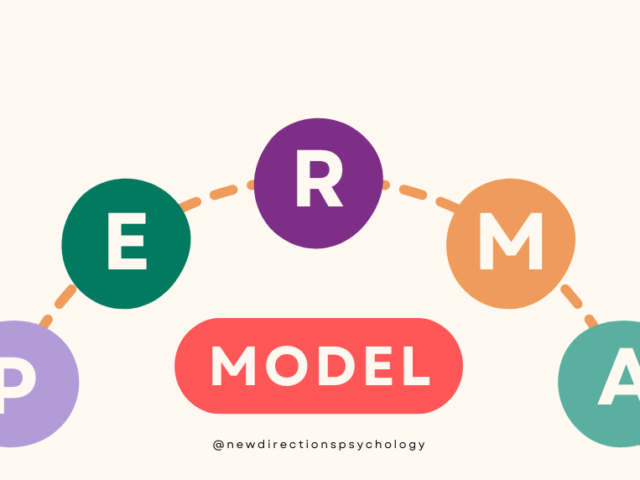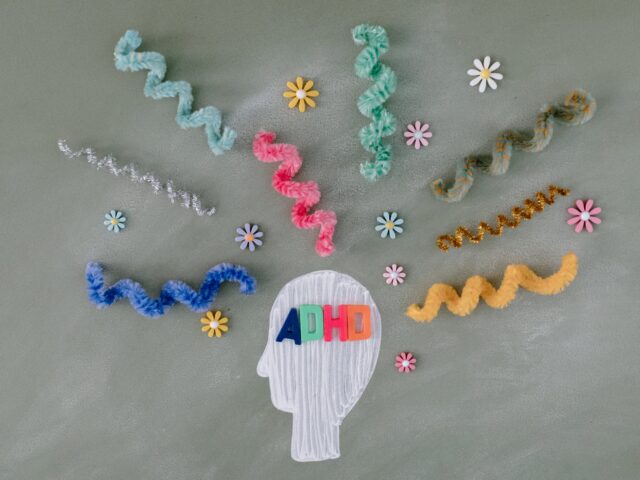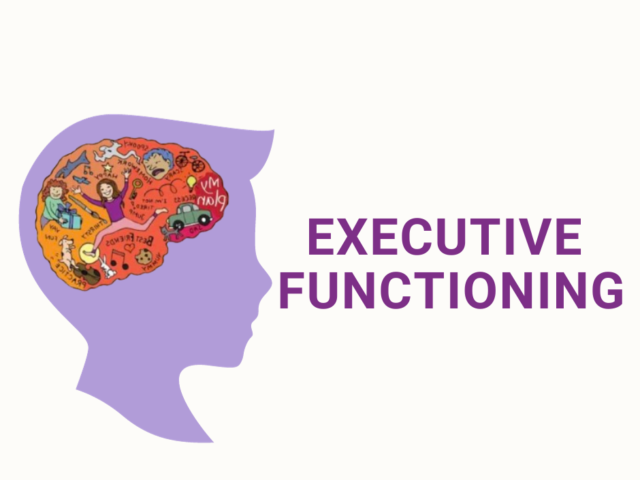Neurodiversity: Stimming and Sensory Overload By Susan George
For those on the autism spectrum and with other neurological differences, the world can often be an intense sensory experience. Everyday sights, sounds, smells, textures and tastes that may go unnoticed by neurotypical individuals can be amplified and overwhelming for neurodivergent people. This sensory overload can lead to meltdowns, shutdowns, and a desperate need to stim (self-stimulatory behaviour) to...










